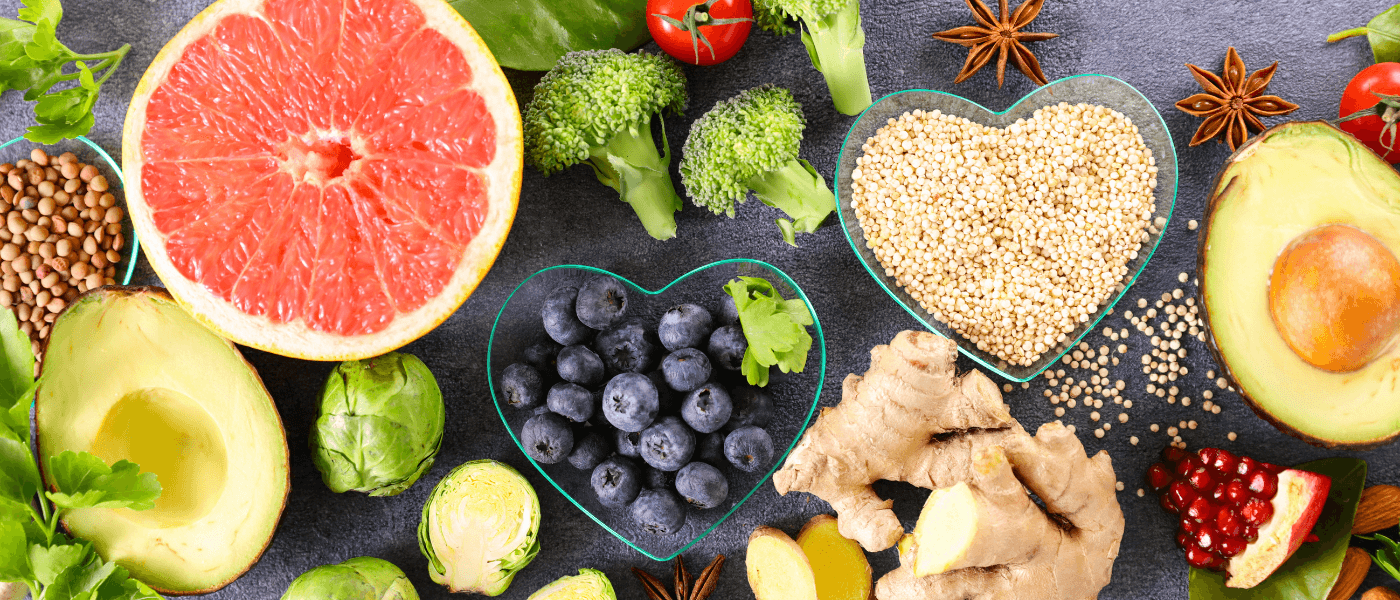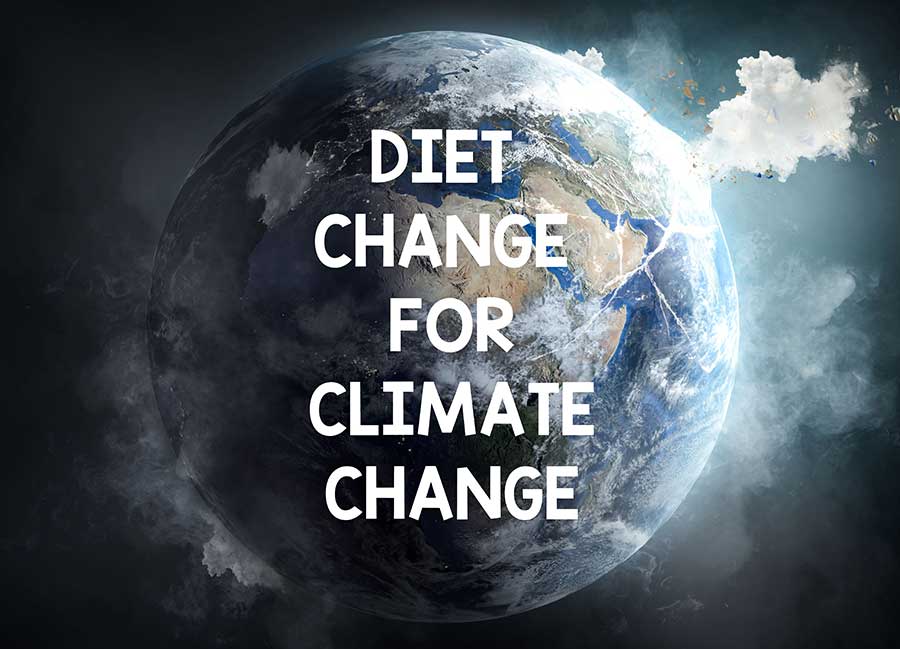Earth Overshoot Day – We Cannot Continue to Borrow from the Future.
- 29 July 2021
- The Vegan Society

It’s Earth Overshoot Day again. Two years ago it was 26th July, last year, mostly due to Covid, Earth Overshoot Day was 22nd August, so globally the situation has slightly improved. The first Earth Overshoot Day was 30th December 1970 and they have been slowly getting closer to January ever since. It’s vital for humanity to push back the date towards the latter few months, as the population cannot keep borrowing from the future. We need to keep our resource use inline with our ability to replace it.
Earth Overshoot Day is computed by dividing the planet’s biocapacity (the amount of ecological resources Earth is able to generate that year), by humanity’s Ecological Footprint (humanity’s demand for that year), and multiplying by 365, the number of days in a year. Back in 1961, we only needed 1.5 Earths to live like Kiwis, we reached an all time high of needing 3.64 Earths in 2003, we have lowered our resource use to a smaller amount, in 2016 we needed 2.91 Earths. Clearly, this is still too many, as we only have the one! Thus the absolute dire need to act as if the next generations depend on our actions now.
This year New Zealand’s Earth Overshoot Day was the 15th May. We cannot claim to be clean and green with a date in the first 6 months of the year and some 75 days before the global average, for a country with our population, that’s quite an achievement, and not in a good way!
A part of the problem is too many cows, and there is a solution to that, to grow more plants instead. New Zealand must respond to climate change and Earth Overshoot Day with responsibility for future generations. As part of the solution, The Vegan Society Aotearoa NZ is launching a petition that calls on the government to incentivise farmers to diversify for a sustainable future. This will help New Zealand’s farmers to transition towards growing more plants. Many beef and dairy farmers already diversify and grow various crops as well as animal agriculture, The time has come for more to follow in their footsteps.
“There has been too much emphasis placed on dairying and that needs to be addressed. The quickest way to address climate change is to reduce the methane emissions, and this means a reduction in the dairy herd. Our rivers are suffering, the land is suffering and there is nitrate pollution throughout the country.” said Claire Insley, media spokesperson for the Society.
Enjoyed reading this? We think you'll enjoy these articles:
Experts Say We Can Eat Our Way Out of the Climate Crisis 26 October 2023 The Vegan Society For the past five …
Diet Change for Climate Change
Diet Change for Climate Change 30 August 2023 The Vegan Society This month our focus is on the undeniable fact that what …
How you CAN help save the planet
Webinar: how you CAN reduce your environmental impact. 27 July 2023 The Vegan Society Presented by Dr PJoseph Poore, food sustainability researcher …




